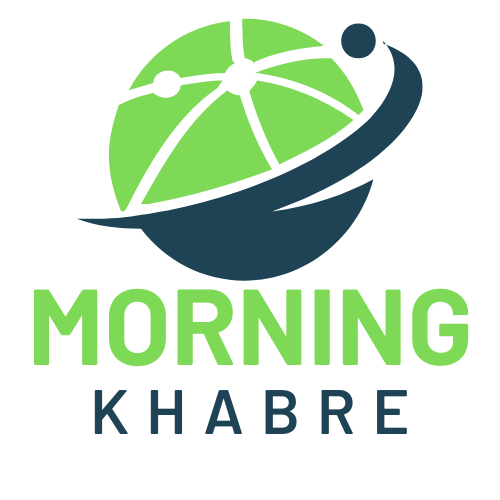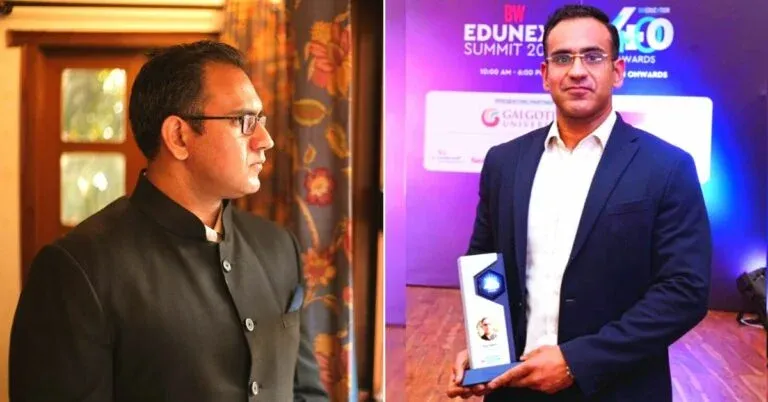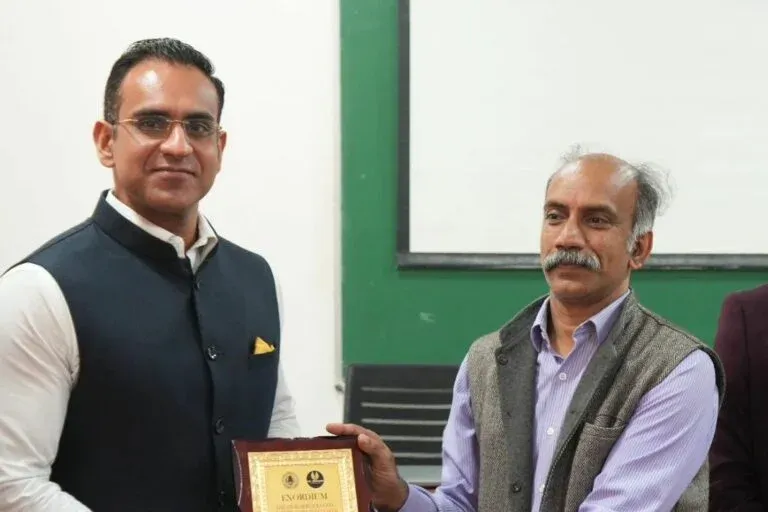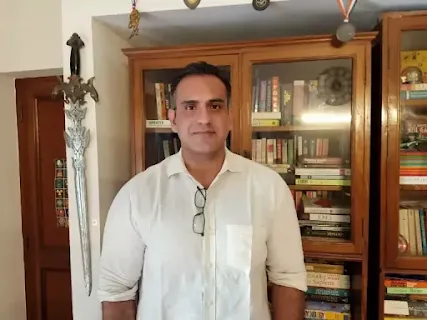A Free UPSC CSE Course from an Ex-IRS Officer Removes the Need for Paid Classes
An IRS officer-turned-educator, Ravi Kapoor has mentored thousands of UPSC aspirants for free. Taking upon his 10 years of bureaucratic experience and masters in clinical psychology, Ravi's approach to UPSC mentorship has always kept mental fitness and motivation in focus.
identifying the market's gap
"My education system let me down."
Getting prepared for the UPSC with clarity
Most people believe that studying for the difficult three-part UPSC civil services test entails rote memorization and sifting through a ton of reading material. However, Ravi's UPSC preparations made up for those large knowledge gaps he had during his time in school and college.
"As a candidate, I had to learn everything from the beginning. During my UPSC preparations, I filled up all those holes in my education, learned and understood more about the real world and how things interact, and gained some mental clarity. This is a degree of clarity I never attained in school. He claims that after my preparation, this realization transformed me into a new person.
He can clearly recall a few events leading up to this epiphany.
"When I first attended coaching centers, I had no idea what they did. Given my aptitude in psychology despite having no academic background, it was my favorite subject and one of my optional courses (for the Mains exam)," he remembered.
I learned theories about human motivation while reading a chapter on the subject. There were sections on how a person's upbringing shapes who they are, how to realize one's full potential, and the obstacles that stand in the way. I was able to find answers to the questions I had always had by reading such stuff. This seemed like actual knowledge to me," he says.
Why wasn't this material taught to me instead of physics? "These concepts helped me explain my behavior and the behavior of people around me, so this is the stuff I wanted to know," he continues.
He gained a level of intellectual and emotional maturity from these ideas that had previously eluded him.
"After that, I could relate everything I saw and learned to actual life." I started learning more about the real world than only what I had read in books. For instance, UPSC doesn't ask you about the complete form of the UPI or who created it. He clarifies, "They would prefer to know what banking channels a transaction goes through when it is handled through UPI, what issues exist with UPI, and other such questions.
"The perspective of UPSC is not that of an overseer perched in an ivory tower, passing judgment on those under them. When you approach the world as a prospective UPSC member, you connect the dots, solve problems, and pose different queries. For instance, when I run a red light, I get fined by the traffic cop. What legal provision gives the traffic policeman the right to fine me? What occurs if the fine is not paid? Where is the power to penalize me for not paying the fine? By asking these questions, you start to understand how this system functions," he continues.
Guiding aspiring UPSC members
After working for a few years as an IRS officer, Ravi started to feel empty, and that sensation only got worse until 2018, when he reconnected with an old teacher from his days as a candidate. That instructor was the one who recommended to Ravi that he serve as a mentor to UPSC candidates.
Originally, Ravi chose to start a blog, which he still maintains today. This blog eventually evolved into a book called "The Ultimate Cheatbook for UPSC Civil Services," which was released in the latter part of 2020.
"As news of the book spread, more individuals started asking me questions. I couldn't simply respond to these queries with a comment. Rather, I had to put them through a procedure. They wanted to be instructed as well as given counsel. I could have uploaded a video to YouTube, but unless the candidates are actively involved, it isn't educational. Whether it's an essay or a response to a specific subject, they have to produce an output," he says.
"How do you get away with it? The challenge was that, he explains.
The COVID-19 lockdown in March 2020 allowed Ravi the time he needed to write his book and create his FMP. He had more time to write and produce as a result. There was nothing else to do, so I was writing and producing content for 10 to 12 hours every day. I was deeply engaged in the process and realized that, nine or ten years after I enlisted in the service, I had the chance to leave. In addition, he continues, "My work was making an impression on people and receiving positive feedback.
The FMP is essentially a lecture that he uploads on YouTube, followed by an email with a thoughtfully prepared task. It must be finished by the students on the day it is assigned. They won't receive the next assignment if they don't complete it on that day.
In this free email course, I assist candidates in getting ready for the UPSC exams. When you sign up for this free email course, I will send you daily tasks with clear instructions on what has to be completed. You email the assignment back to me once you've completed it, so I can verify if you completed it or not. And while I'm giving you these assignments, I'm also giving you psychological guidance in addition to the necessary study materials. He says, "The method I developed helped make UPSC preparation more consistent and routine.
He uses customer relationship management (CRM) systems, which are used by most firms to market their goods or services, to help in this process. "I began utilizing these resources with the candidates. This was the new idea I used to make learning easier. Using the consecutive CRM emails, I produced a journey or flow. You will receive an assignment from me via this automatic email as soon as you embark on this quest. He clarifies that no one has previously used these resources for teaching.
The preliminary, main, and interview portions make up the UPSC civil services examination. With the exception of CSAT math, essay writing, current events, General Studies (GS) response writing, and ethics, Ravi's FMP covers prelims. It does not go into great length about the optional topics other than philosophy and psychology, which Ravi studied for in his UPSC preparation.
"This course helps aspirants strengthen that energy and clarity on a daily basis with my assignments. It covers how to remain consistent in your preparations and to keep your head under control."
Also, I put together the 'Mains SuperGroup' if our candidates pass the preliminary exams. I coach about 100–200 students free of charge upon their admission to this group, helping them with essay writing, ethics, and choosing which electives to pursue,” he continues.
Students who wish to join a certain service (IAS, IPS, IFS, etc.) are asked to bring a camera, record themselves, and watch a video of a student who passed the UPSC exam, which the FMP displays during the interview process.
"I ask them to offer their input and feedback by the end of the day. We also give them advice on the appropriate body language and responses to give in these interviews. They then have to verbalize the knowledge in their minds, so I put them all through a lecture process. Teaching is the most effective approach to putting this knowledge into words. They consequently join the FMP as pro-bono interns. I then do their fake interview after this," he continues.
Life after IRS
Ravi realized that he needed to find a means to support the FMP in addition to himself after formally leaving the army last year. He consequently joined Testbook, an educational technology business that has created an online exam preparation tool.
"They have their own coaching centers, premium programs, and sizable ecosystem, but my job there is to assist in bridging the teacher-student divide, which is a major issue in online learning. Together, we are coming up with solutions. Fortunately, I have enough time to manage my free program in addition to my professional responsibilities. That won't ever end, he asserts.




.webp)
.jpg)






